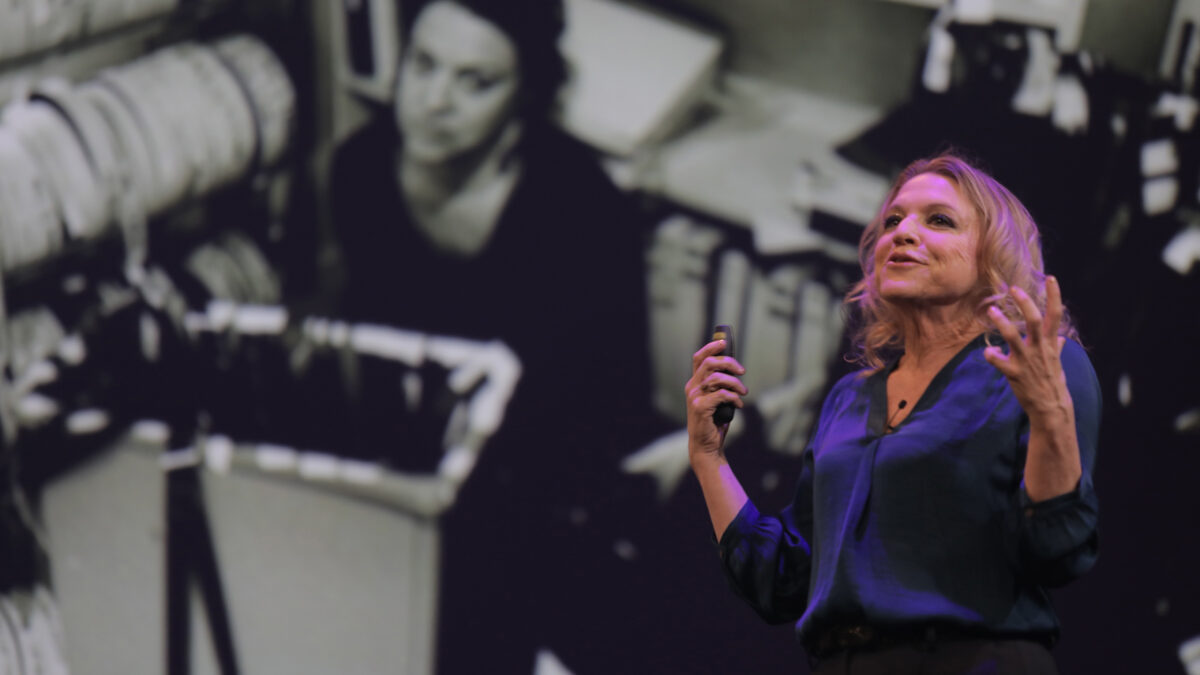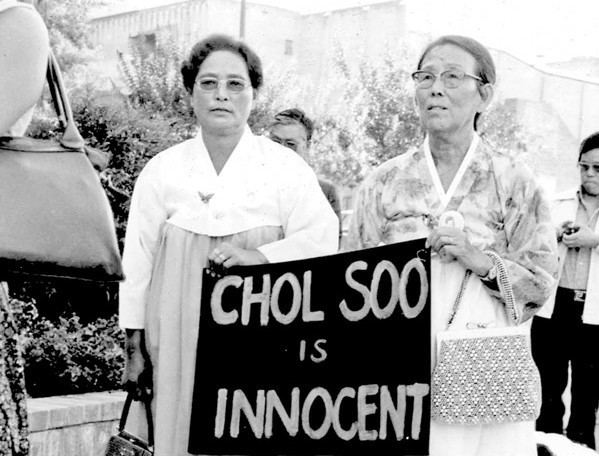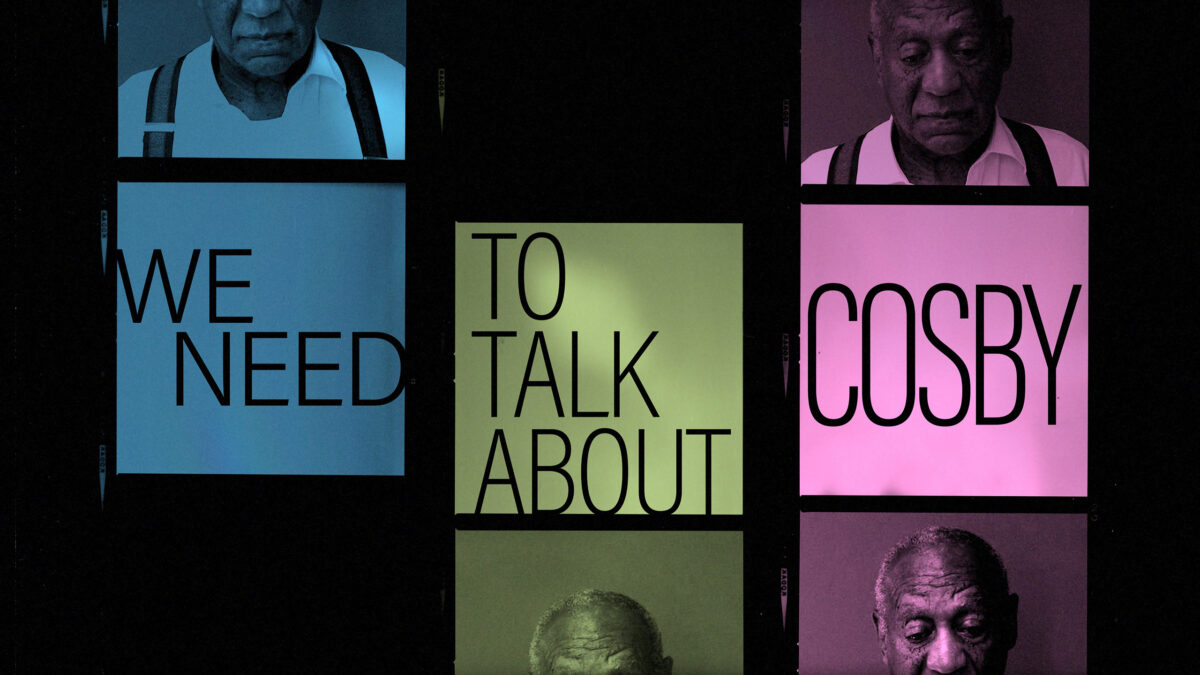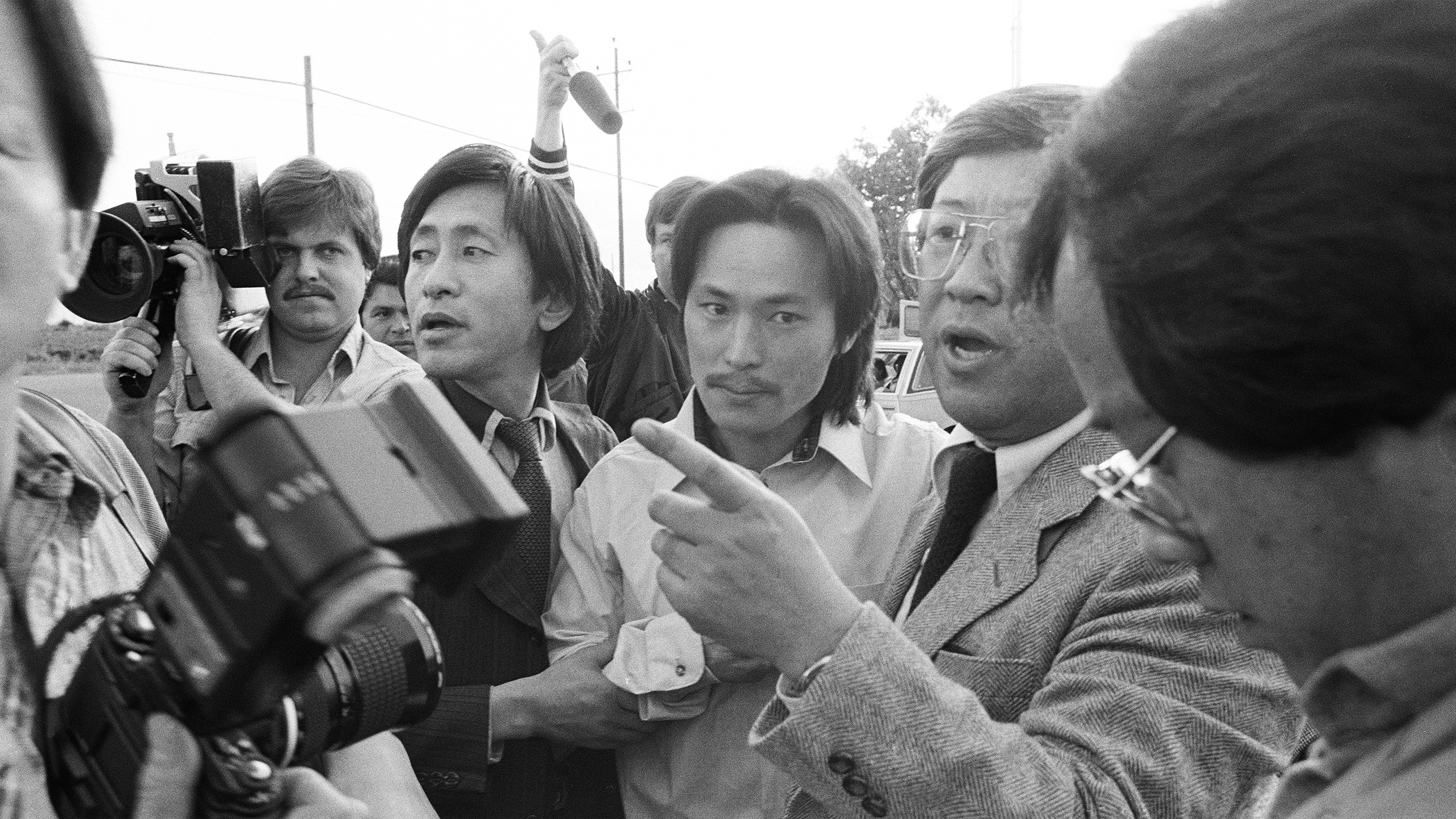For more than 20 years, Sundance Film Festival has been a fixture in the annual festival circuit. The festival has been known for jumpstarting the careers of American filmmakers like Quentin Tarantino and the Coen brothers, and normally hosts around 50,000 attendees, although this year it was entirely remote.
Every year, when I go through the roster of screenings at each film festival, I notice the social themes in the films becoming more and more prominent. Perhaps this trend is an optimistic reflection of how the values of our society have evolved with the times. This year was no different, with plenty of films in the Sundance schedule focused on expanding the intellectual horizons of their audiences.
You might be interested in: Everything That Happened at the BFI London Film Festival
In this writeup, I’ve listed five films that screened at Sundance 2022 that are particularly pointed in their relevance and timeliness. Images and synopses are all courtesy of Sundance.
1. Brainwashed: Sex-Camera-Power

Building on her influential cinematic talk, Sex and Power: The Visual Language of Cinema, film director Nina Menkes takes us on an eye-opening journey through the gendered politics of shot design. Using more than 175 film clips from canonical Hollywood favorites and cult classics as well as interviews with filmmakers and scholars, Brainwashed reveals a sinister framework of misogyny and paternalism that, from early cinema to the present day, infiltrates some of our favorite movies.
You might be interested in: Another Historic Year for the Oscars
Brainwashed is a mesmerizing journey that compels the casual moviegoer and cinephile alike to confront how the visual language of cinema is used to disempower women at the most fundamental level, with real-life, tangible consequences including sexual assault and employment discrimination. Renowned for her extraordinary independent film career, Menkes returns to the Sundance Film Festival on a mission to turn the camera around on her own industry and confront the inequalities embedded within each film frame. Featuring powerful interviews with Joey Soloway, Julie Dash, Eliza Hittman, and many more.
2. Free Chol Soo Lee

On June 3, 1973, a man was murdered in a busy intersection of San Francisco’s Chinatown as part of an ongoing gang war. Chol Soo Lee, a 20-year-old Korean immigrant who had previous run-ins with the law, was arrested and convicted based on flimsy evidence and the eyewitness accounts of white tourists who couldn’t distinguish between Asian features. Sentenced to life in prison, Chol Soo Lee would spend years fighting to survive behind bars before journalist K.W. Lee took an interest in his case. The intrepid reporter’s investigation would galvanize a first-of-its-kind pan-Asian American grassroots movement to fight for Chol Soo Lee’s freedom, ultimately inspiring a new generation of social justice activists.
Revisiting this pivotal yet largely forgotten story, filmmakers Eugene Yi and Julie Ha draw from a rich archive as well as firsthand accounts of those inspired to come to Lee’s defense. But even as Free Chol Soo Lee explores this miscarriage of justice, the film also reveals the man behind the cause, and the complex legacy — and human cost — of becoming the symbol of a movement.
3. Jihad Rehab

Twenty years after the Guantanamo Bay detention camp was established by the U.S. military in the wake of 9/11, its legacy continues to cast a long shadow. This film focuses on several men — detained in Guantanamo for years without charge by the United States — after they are placed in what’s billed as the world’s first rehabilitation center for extremists. There, they undergo the center’s “deradicalization” program, which includes therapy sessions and life skills classes, before they are permitted to be released into an unfamiliar society where they will face new challenges. In the process, the four men illuminate their individual understanding of what the term “jihad” has meant in their own lives, and express the anguish and complexities of their personal journeys.
You might be interested in: Afghan Creatives Driving the Anti-Taliban Resistance
In her feature debut, director Meg Smaker takes us inside not only the center but also her conversations and experiences with these men as they move to an uncertain future. With empathy and extraordinary access, Jihad Rehab is a powerful document of how individuals and societies face the far-reaching consequences of conflict.
4. We Need to Talk About Cosby

During his nearly 50 years in show business, Bill Cosby became one of the most recognizable Black celebrities in America. With a career that included an astronomical rise on television in the mid-1960s; work in children’s programming and education; legendary stand-up performances and albums; and an epoch-defining hit sitcom, The Cosby Show, Cosby was a model of Black excellence for millions of Americans. But now, thanks to the brave and painful testimonies of dozens of women, we know there was a sinister reality to the man once extolled as “America’s Dad.”
Over the course of four gripping episodes that feature the voices of people closely connected to Cosby’s life on screen and off, including several survivors, director W. Kamau Bell digs into who Cosby was and what his work and actions say about America, then and now. We Need To Talk About Cosby is a powerful and timely reckoning destined to be widely discussed for how it urges audiences to reconsider not only what they know about Cosby but also about the culture that produced and celebrated him.
5. Sirens

True to their name, Slave to Sirens — the first and only all-woman thrash metal band in the Middle East — are utterly magnetic. Amid a backdrop of political unrest and the heartbreaking unraveling of Beirut, five bandmates form a beacon of expression, resistance, and independence. Director Rita Baghdadi follows founders and guitarists Lilas Mayassi and Shery Bechara as their tenderness, and sometimes bitterness, for one another grows in ways both unexpected and deeply moving. Joined by vocalist Maya Khairallah, bassist Alma Doumani, and drummer Tatyana Boughaba, these women negotiate their emotional journeys through young adulthood in tumultuous circumstances with grace, raw passion, and a ferocious commitment to their art. Their grit is tested as they grapple with the complexities of friendship, sexuality, and the destruction around them.
You might be interested in: How Aziz Maraka Used Music to Shape Israeli Geo-Politics
Sirens is Rita Baghdadi’s third documentary feature. Acting as director, producer, and cinematographer, her singular vision is gentle yet emotionally powerful. Her film and its incredible subjects are inspirations to all who seek light through darkness.
